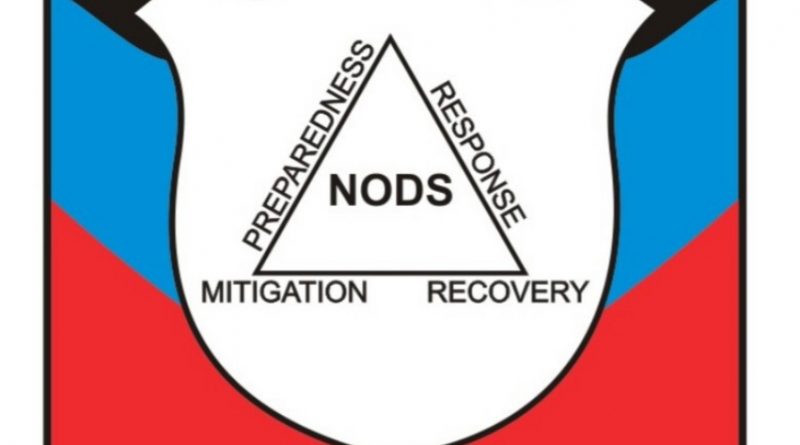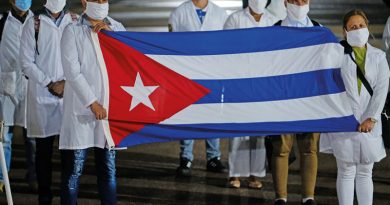NODS Director preaches tsunami safety, reminding residents that we are moving closer to the next natural disaster
The National Office of Disaster Services (NODS) encourages residents to familiarise themselves with tsunami safety, as the country observes World Tsunami Awareness Day today, Friday, November 5.
Director of NODS Philmore Mullin says residents should reflect seriously on protecting lives, limb and property. The country has not been impacted by any natural disaster in a long time, he notes, but this does not mean people should become complacent.
“The level of devastation by tsunamis can be great; so it is imperative that individuals know emergency routes, assembly areas and general safe areas, especially if they live, work or frequent coastal regions,” Mullin says.
He reminds residents that the further away we move from the last impact, the closer we are getting to the next one.
Over the years, NODS has been informing and educating residents, through various programmes, on how to protect themselves from a tsunami’s impact, and one way is to move to higher ground.
NODS has also erected signs in those areas that have been validated by international partners – meaning safe areas have been identified; evacuation routes established; and awareness activities, such as drills, have been held.
Two districts have also been designated as tsunami ready: St. John’s City and St. John’s City South.
Had it not been for the COVID-19 pandemic, Mullin says this process would have been further advanced; however, the office will continue its efforts until all coastal communities are validated.
According to information from the UWI Seismic Research Centre in Trinidad, which monitors earthquakes in the region, the most likely tsunamis to affect the Eastern Caribbean are those triggered by shallow earthquakes, which are less than 50 km in depth and greater than magnitude 6.5.
Antigua and Barbuda and other regional countries have been affected by tsunamis in the distant past, particularly from the Great Lisbon Earthquake in Portugal on November 1, 1755. Two events in 1946, in the Dominican Republic, caused over 1,800 deaths.
The Indian Ocean tsunami of December 26, 2004, which claimed over 250,000 lives, is on record as being the worst tsunami catastrophe.




